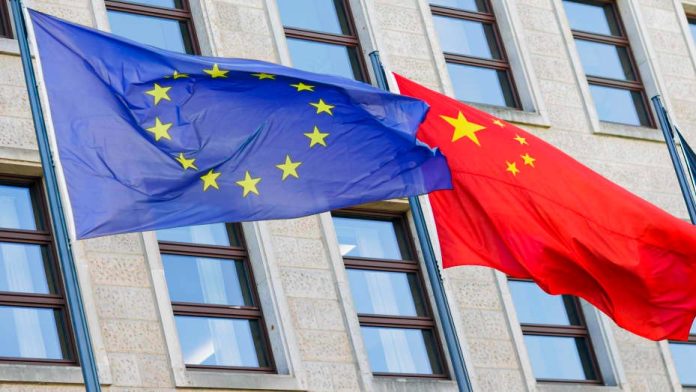Beijing intends to lift sanctions against five current and former members of the European Parliament in order to advance trade negotiations with the EU. According to POLITICO, this decision will help speed up the process amid rising tariffs imposed by the US.
European Parliament Speaker Roberta Metsola will inform party leaders of China’s decision at a closed-door meeting on April 30. Metsola’s spokesperson noted that negotiations with Beijing on lifting sanctions are nearing completion.
In 2021, China imposed sanctions on several members of the European Parliament in response to EU restrictions related to human rights violations against Uyghurs in Xinjiang. In response, Brussels froze an investment agreement with China until the sanctions are lifted.
However, criticism of China from MEPs continues. Bernd Lange, chair of the International Trade Committee, said that trade relations with China remain difficult due to its aggressive industrial policy, which disrupts the global market.
Raphaël Glucksmann, one of the MEPs targeted by the sanctions, doubts that lifting the sanctions will change the situation.
Amid the intensifying trade war with the US, China continues to seek ways to strengthen relations with the EU. Earlier, Xi Jinping met with Spanish Prime Minister Pedro Sánchez and declared China’s readiness for a strategic partnership with the EU.
In early February, the US imposed a 10% tariff on imports from China, doubling the rate a month later. Donald Trump also announced the introduction of reciprocal tariffs, which amounted to 54% for Beijing. China introduced retaliatory measures, after which the parties continued to increase tariffs on each other.
After the latest escalation, US tariffs on China stand at 145%, with reciprocal tariffs at 125%. Beijing also imposed restrictions on exports of certain minerals, including critical minerals, after which the White House threatened 245% tariffs.
For the EU, the rate is 20%. In addition, Trump signed an executive order imposing 25% tariffs on all steel and aluminium imported into the country, which will affect €28 billion worth of EU exports.
